
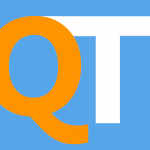
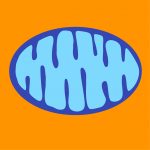
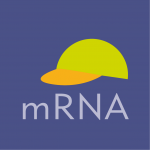


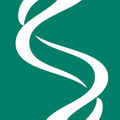
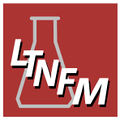
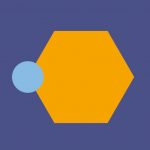

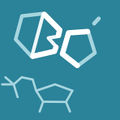

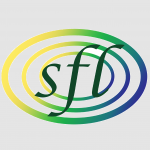


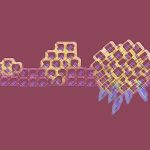
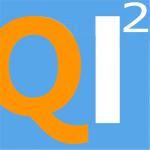



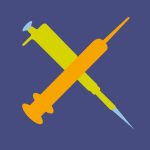
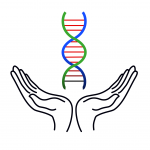
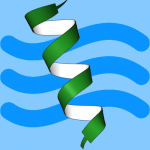



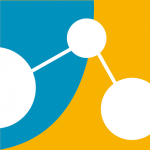

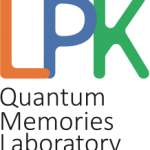


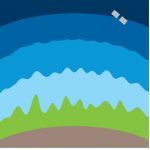






































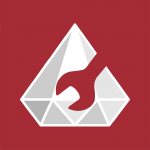


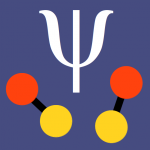













ReMedy
 |
The „Regenerative Mechanisms for Health” International Research Agenda Unit (“ReMedy”) is a joint unit of the University of Warsaw and University Medical Center Göttingen at Georg-August-University Göttingen, funded by a grant by the Foundation for Polish Science. The goal of ReMedy is to understand and to harness stress‐evoked adaptability of cells at the molecular and biochemical level, in order to combat human diseases and pathologies. |
| Director: Prof. Agnieszka Chacińska (a.chacinska@dev.dev.cent.uw.edu.pl/en) |
| Deputy director: Prof. Magda Konarska (m.konarska@dev.dev.cent.uw.edu.pl/en) |
| Project coordinator: Michał Wrzesiński, PhD (m.wrzesinski@dev.dev.cent.uw.edu.pl/en) |
ReMedy aims to:
|
|
Prof. Chacińska will seek to identify global consequences of translational inhibition in human cells. Preliminary data show that although acute stress leads to rapid inhibition of protein synthesis, this stress is not lethal and frequently cells become even more resistant to further insults. Unknown adaptive mechanisms lead to re-initiation of protein translation. Prof. Chacińska’s group will undertake a system analysis of gene expression changes that accompany dysfunctional mitochondria, aiming to identify changes in transcription various steps of mRNA biogenesis and stability, including splicing – in collaboration with the Konarska lab – as well as translation activity/recruitment of mRNA during translation initiation. Studies of the group will deliver a comprehensive gene expression profiling under mitochondrial dysfunction and will lead to a discovery of yet unknown responses and adaptive pathways that have a potential to rescue cells and organisms from organellar stress and may in general benefit cellular and organismal fitness. Prof. Konarska group will study the mechanisms by which aging or environmental signals influence the function of the splicing machinery and affect splicing outcomes. Changes in patterns of alternative splicing in higher eukaryotes are characteristic signatures of stress and disease, but little is known about the underlying mechanisms. These studies will help to understand how environmental changes or ageing affect regulation of gene expression at the splicing level. They will also help to understand the function of the spliceosome and suggest new ways to modulate it. Ultimately, the mechanisms utilized by yeast to regulate pre-mRNA splicing will also be validated in mammalian cells, and the way how they affect more complex regulation of alternative splicing will be studied in collaboration with the Chacińska group. |
 |
| ReMedy is funded by Foundation for Polish Science International Research Agendas Programme (project MAB/2017/2) under measure 4.3 "International Research Agendas“, Smart Growth Operational Programme 2014-2020. |
| Call for Research Group Leader |
| The call for two new Group Leaders is now open. We highly encourage you to see the offer at the following link. |


The Centre for Quantum Optical Technologies
The Centre for Quantum Optical Technologies (QOT) aims to explore quantum phenomena, such as superpositions and entanglement, in optical and optically controlled system, with the long-term prospects of their practical utilisation. The Centre has been established in partnership with the University of Oxford under the International Research Agenda Programme operated by the Foundation for Polish Science and is hosted by the Centre of New Technologies, an interdisciplinary scientific unit of the University of Warsaw focused on research and technology development.
Director: Prof. Konrad Banaszek
The Centre offers career opportunities for researchers at all stages, from undergraduate students to group leaders. Currently, open positions are advertised below.
| PhD student in Centre for Quantum Optical Technologies |
| Student to work in the The Centre for Quantum Optical Technologies |
| Technology Officer – QOT |
The next call for group leaders is planned to open in Spring 2019. For further information, please contact qot@dev.dev.cent.uw.edu.pl/en












